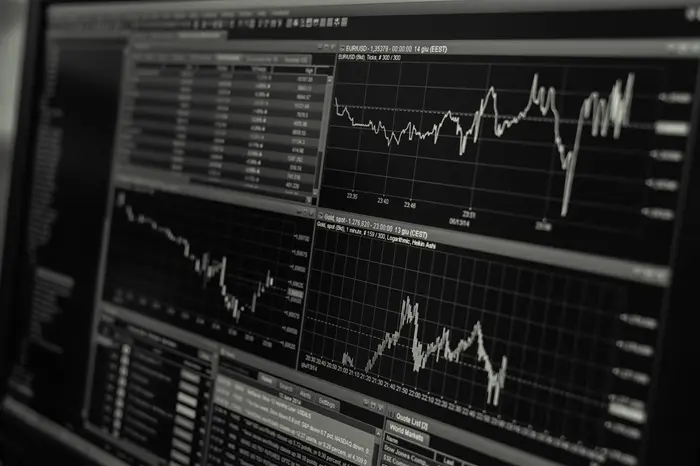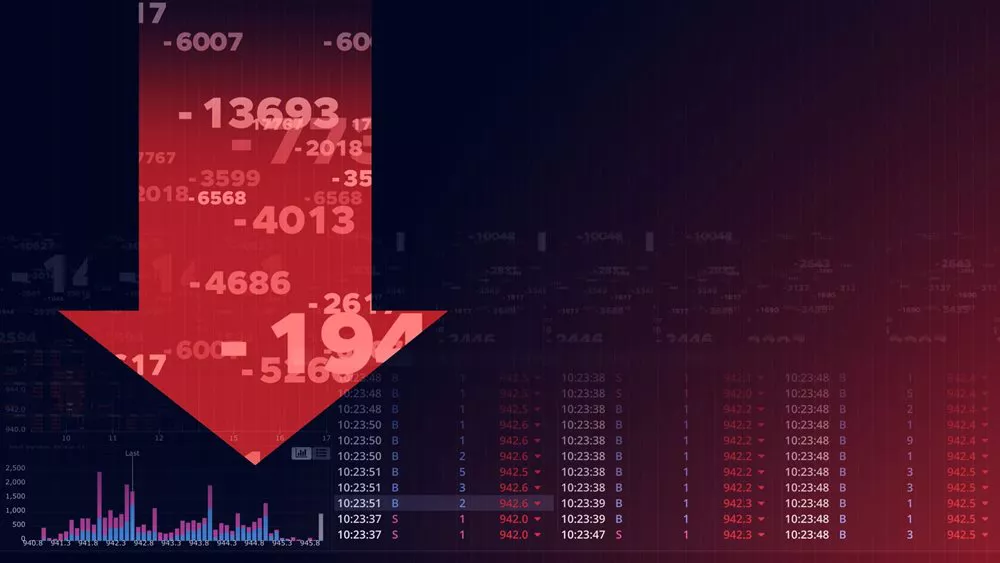Manufacturing insurance is a crucial aspect of risk management for any manufacturing business. The manufacturing sector faces a wide range of risks, from machinery breakdown and product recalls to theft and employee hazards. Effective insurance coverage can provide peace of mind and minimize operational interruptions in the event of unforeseen events. This article will explore the various types of manufacturing insurance and their importance in protecting manufacturing businesses.
Overview of Manufacturing Insurance
Manufacturing insurance is a comprehensive form of commercial insurance designed to protect manufacturing companies from various risks associated with their operations. These risks can range from physical damage to property and equipment to legal liabilities arising from accidents or product defects. The specific types of insurance coverage a manufacturing business needs depend on its operations and business model. However, there are some core covers that are typically required by manufacturers.
Core Manufacturing Insurance Coverage
1. Material Damage Insurance
Material damage insurance covers the cost of repairing or replacing damaged property and equipment due to various causes, such as fires, storms, floods, and other natural disasters. This insurance is essential for manufacturing businesses because their operations often rely on expensive machinery and equipment. In the event of damage, this insurance can help businesses quickly resume operations, minimizing downtime and financial losses.
2. Business Interruption Insurance
Business interruption insurance provides coverage for lost income and additional expenses that arise when a business cannot operate due to a covered peril. This insurance is crucial for manufacturing companies because even a short period of downtime can result in significant financial losses. Business interruption insurance can help cover expenses such as lost profits, rent, utilities, and employee salaries during the period of interruption.
3. Theft Insurance
Theft insurance covers losses resulting from the theft of property, equipment, or inventory. Manufacturing businesses often store valuable materials and finished products, making them targets for theft. This insurance can provide financial reimbursement for stolen items, helping businesses recover from such losses.
4. Goods in Transit Insurance
Goods in transit insurance covers losses or damages to goods while they are being transported from one location to another. Manufacturing companies often ship raw materials and finished products, and this insurance ensures that these items are protected against damage or loss during transportation.
5. Management Liability Insurance
Management liability insurance protects the management and directors of a manufacturing business from claims arising from their management decisions. This insurance can cover legal fees, settlements, and other costs associated with lawsuits or regulatory actions.
6. Employers’ Liability Insurance
Employers’ liability insurance covers the costs of compensating employees for injuries or illnesses sustained while on the job. Manufacturing businesses often involve hazardous conditions and equipment, making employees vulnerable to accidents. This insurance ensures that employees receive medical treatment and financial compensation, while also protecting the business from legal liability.
7. Public Liability Insurance
Public liability insurance provides coverage for claims made by third parties for injuries, property damage, or financial losses caused by the business’s operations. Manufacturing companies can face claims from customers, visitors, or members of the public, and this insurance helps protect the business from the financial consequences of such claims.
Additional Manufacturing Insurance Coverage
While the above-mentioned covers are essential for most manufacturing businesses, there are also several additional types of insurance that can provide additional protection. These covers are often tailored to specific risks or operational needs.
1. Machinery Breakdown Insurance
Machinery breakdown insurance covers the cost of repairing or replacing machinery and equipment that breaks down due to unexpected mechanical or electrical failures. This insurance can be crucial for manufacturing businesses that rely on complex machinery and equipment to operate.
2. Product Recall Insurance
Product recall insurance covers the costs associated with recalling a product from the market due to safety defects or non-compliance with regulatory standards. Manufacturing companies can face significant financial losses due to product recalls, including the cost of removing defective products from the market, notifying customers, and disposing of or replacing the recalled items. This insurance can help mitigate these losses.
3. Product Liability Insurance
Product liability insurance provides coverage for claims made by customers or third parties for injuries, property damage, or financial losses caused by defective products. Manufacturing companies can be held liable for damages caused by their products, and this insurance helps protect them from the financial consequences of such claims.
4. Directors & Officers Liability Insurance
Directors & officers liability insurance covers the personal liability of directors and officers of a manufacturing business for claims arising from their decisions or actions. This insurance can cover legal fees, settlements, and other costs associated with lawsuits or regulatory actions brought against directors and officers.
5. Property Insurance
Property insurance covers the cost of repairing or replacing damaged or destroyed buildings, structures, and other fixed assets owned by the manufacturing business. This insurance is essential for protecting the physical infrastructure of the business, which is often a significant investment.
6. Cyber Insurance
Cyber insurance provides coverage for losses resulting from cyber attacks, data breaches, and other cyber-related incidents. Manufacturing businesses increasingly rely on digital systems and data, making them vulnerable to cyber threats. This insurance can help cover the costs of responding to a cyber incident, including legal fees, notification costs, and business interruption losses.
Importance of Manufacturing Insurance
Manufacturing insurance is not just a legal requirement; it is a critical component of risk management for manufacturing businesses. Here are some of the reasons why manufacturing insurance is important:
1. Risk Mitigation
Manufacturing businesses face a wide range of risks, from natural disasters and equipment failures to theft and legal liabilities. Insurance can help mitigate these risks by providing financial reimbursement for losses and damages. This can help businesses recover from unforeseen events and continue operating smoothly.
2. Operational Continuity
Effective insurance coverage can help manufacturing businesses minimize downtime and operational interruptions. By covering the costs of repairing or replacing damaged property and equipment, insurance can help businesses quickly resume operations, reducing financial losses and maintaining customer satisfaction.
3. Legal Protection
Manufacturing businesses can face legal liability for injuries, property damage, or financial losses caused by their operations. Insurance can provide coverage for legal fees, settlements, and other costs associated with lawsuits or regulatory actions, protecting the business from financial ruin.
4. Employee Protection
Manufacturing businesses often involve hazardous conditions and equipment, making employees vulnerable to accidents. Insurance can provide financial compensation for injured employees, ensuring they receive medical treatment and income replacement while also protecting the business from legal liability.
5. Business Growth
Manufacturing insurance can help businesses grow and expand by providing the financial security needed to take on new projects, invest in equipment, and hire additional staff. With the peace of mind that insurance provides, businesses can focus on their core operations and strategic goals without worrying about potential risks.
How to Choose Manufacturing Insurance
Choosing the right manufacturing insurance can be a challenging task. Here are some tips to help you select the best insurance coverage for your business:
1. Assess Your Risks
Begin by identifying the specific risks your manufacturing business faces. Consider the nature of your operations, the types of equipment and materials you use, and the potential hazards associated with your products and processes. This will help you determine the types of insurance coverage you need.
2. Research Insurance Providers
Research different insurance providers to find one that offers the coverage you need at a competitive price. Look for providers with a good reputation, experience in the manufacturing industry, and a strong financial rating. You can also consult with industry associations or other manufacturing businesses to get recommendations.
3. Compare Policies
Once you have identified a few potential insurance providers, compare their policies to find the best fit for your business. Look at the coverage limits, exclusions, and pricing of each policy. Make sure the policy covers all the risks you identified in your assessment.
4. Read the Fine Print
Before purchasing insurance, read the policy carefully to ensure you understand its terms and conditions. Pay attention to the exclusions and limitations of the policy, as these can significantly affect your coverage. Make sure you are comfortable with the policy’s terms before signing up.
5. Regularly Review Your Coverage
Manufacturing businesses can change over time, and your insurance needs may evolve as your operations grow and expand. Regularly review your insurance coverage to ensure it still meets your business’s needs. Consider consulting with an insurance broker or advisor to help you assess your coverage and make any necessary adjustments.
Conclusion
Manufacturing insurance is a crucial component of risk management for any manufacturing business. By providing financial reimbursement for losses and damages, insurance can help businesses recover from unforeseen events and continue operating smoothly. Effective insurance coverage can also mitigate legal liability, protect employees, and support business growth. When choosing manufacturing insurance, assess your risks, research insurance providers, compare policies, read the fine print, and regularly review your coverage. By taking these steps, you can ensure that your manufacturing business is protected against a wide range of risks.
In summary, manufacturing insurance is an essential investment for any manufacturing business. It provides peace of mind and financial security in the face of unexpected events. By understanding the types of insurance coverage available and how to choose the right policy for your business, you can protect your company’s assets, employees, and operations. Remember, the key to effective insurance coverage is to tailor it to your specific needs and regularly review it to ensure it continues to meet your business’s evolving requirements.
Related topics:































